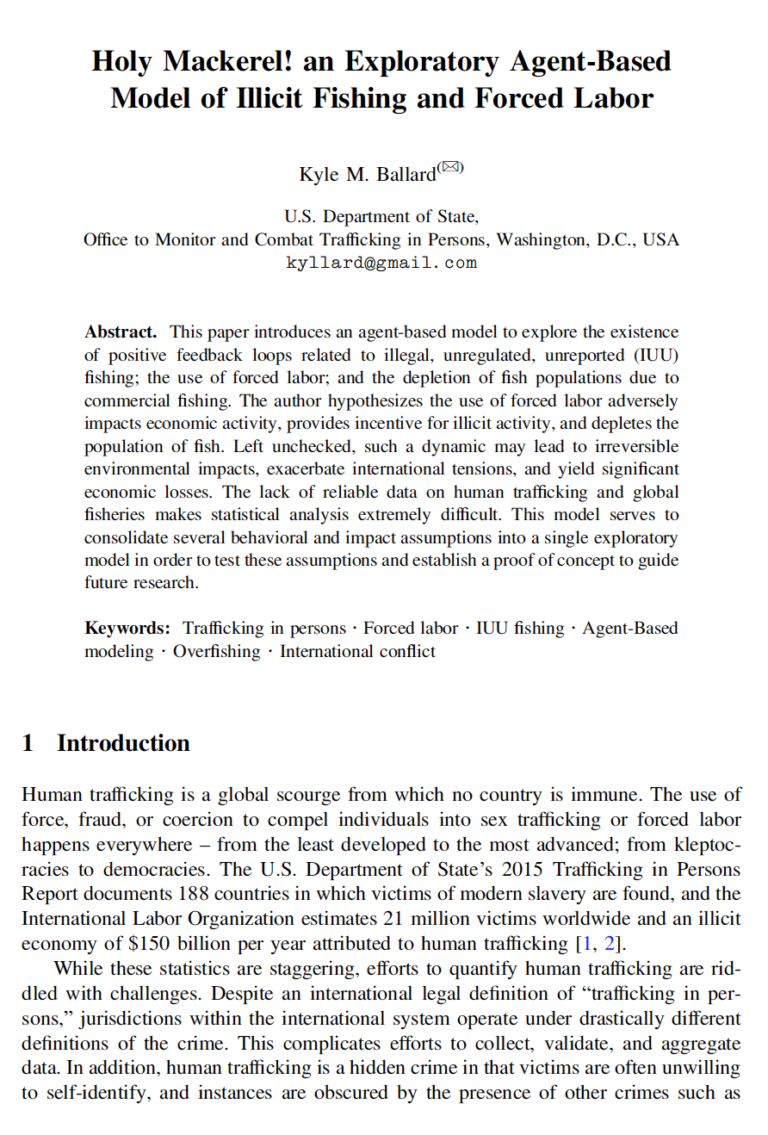VII Informe Alternativo: Balance de la sociedad civil sobre la trata de personas en el Perú, 2018-2019
PublicationsEsta publicación presenta un balance de la sociedad civil acerca de los avances del Estado frente al delito de trata de personas durante los años 2018 y 2019. This publication presents an overview of the progress made by the Peruvian government...Read More

